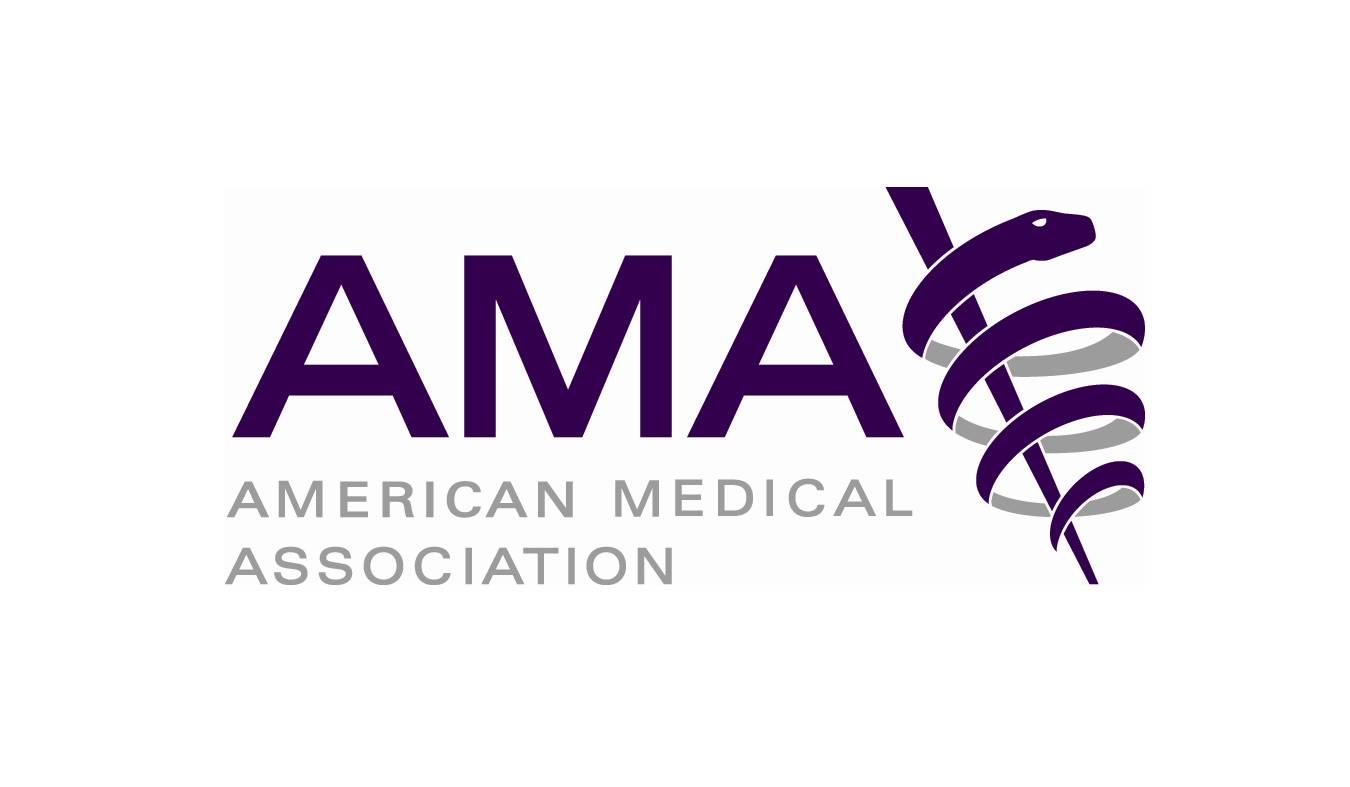Today, I applaud the American Medical Association, the United States’ largest professional organization for physicians, for rejecting marijuana legalization — and the launch of another tobacco-like industry. The AMA has issued a clarion call despite heavy pressure to remain neutral on this subject.
Neutral. No reputable doctor or scientist who truly understands the harms this addictive substance inflicts on health and safety — especially on the health and safety of children — could remain neutral. I’m pleased to see the AMA went even further by calling for full funding of the Office of National Drug Control Policy and for thorough study of the impacts of marijuana legalization on the states of Colorado and Washington, where rates of THC-impaired drivers reportedly are soaring.
SAM issued this statement about today’s AMA decision:
NATIONAL HARBOR, MD — The delegates at the 2013 Interim Meeting of the American Medical Association (AMA) House of Delegates, in National Harbor, Maryland, today voted to pass a resolution on marijuana, “Council of Science & Public Health Report 2 in Reference Committee K,” explicitly opposing marijuana legalization and fending off a challenge to “neutralize” their position.
The report changes H-95.998 AMA Policy Statement on Cannabis to read in part: “Our AMA believes that (1) cannabis is a dangerous drug and as such is a public health concern; (2) sale and possession of cannabis should not be legalized.”
“The AMA today reiterated the widely held scientific view that marijuana is dangerous and should not be legalized,” said Dr. Stuart Gitlow, chairman-elect of the AMA Council on Science and Health and a member of SAM’s board. “We can only hope that the public will listen to science, not Big Marijuana interests, which stand to gain millions of dollars from increased addiction rates.”
Additionally, the report called for several provisions consistent with Project SAM’s marijuana pillars, including efforts to “discourage cannabis use, especially by persons vulnerable to the drug’s effects and in high-risk situations … support the determination of the consequences of long-term cannabis use through concentrated research, especially among youth and adolescents … support the modification of state and federal laws to emphasize public-health-based strategies to address and reduce cannabis use.”
“The American Medical Association took a bold step today, and they should be commended,” said former U.S. Rep. Patrick J. Kennedy, SAM’s co-founder. “By explicitly rejecting calls to neutralize their anti-legalization position, they are sending a loud and powerful message to state and local decision-makers, the federal government and the general public that to be on the side of science is to oppose efforts to expand marijuana use and addiction.”
Several other elements in the AMA report are consistent with SAM’s pillars, including calls to support: “the availability and reduc[tion] (of) the cost of treatment programs for substance use disorders … a coordinated approach to adolescent drug education … community-based prevention programs for youth at risk to fund the Office of National Drug Control Policy … greater protection against discrimination in the employment and provision of services to drug abusers.”
The report sums up much of these policy initiatives as a public-health approach to marijuana use, which SAM wholeheartedly supports.
The AMA report follows an American Psychiatric Association position paper released last week, which concluded: “There is no current scientific evidence that marijuana is in any way beneficial for the treatment of any psychiatric disorder. In contrast, current evidence supports, at minimum, a strong association of cannabis use with the onset of psychiatric disorders. Adolescents are particularly vulnerable to harm, given the effects of cannabis on neurological development.”



We welcome all thoughtful comments, but please abide by our commenting rules